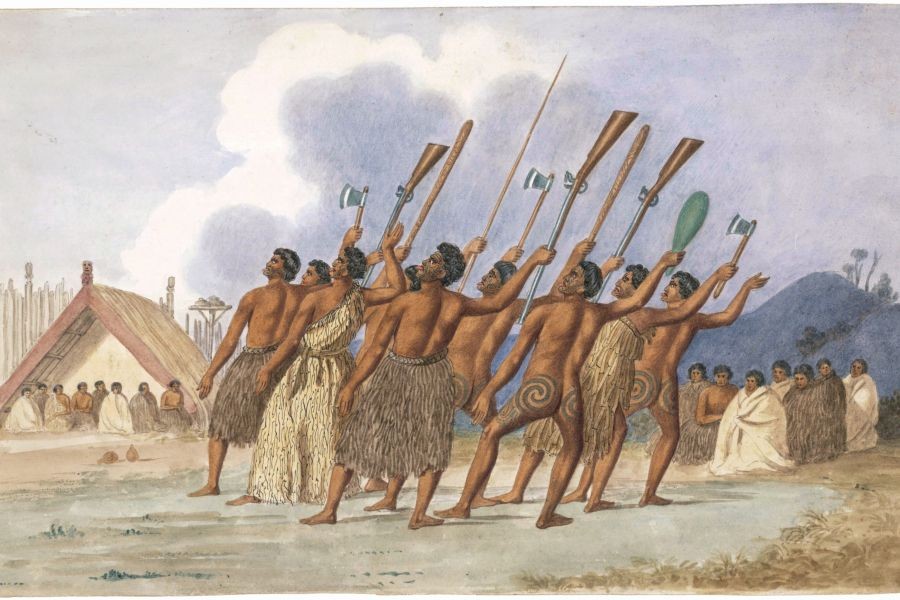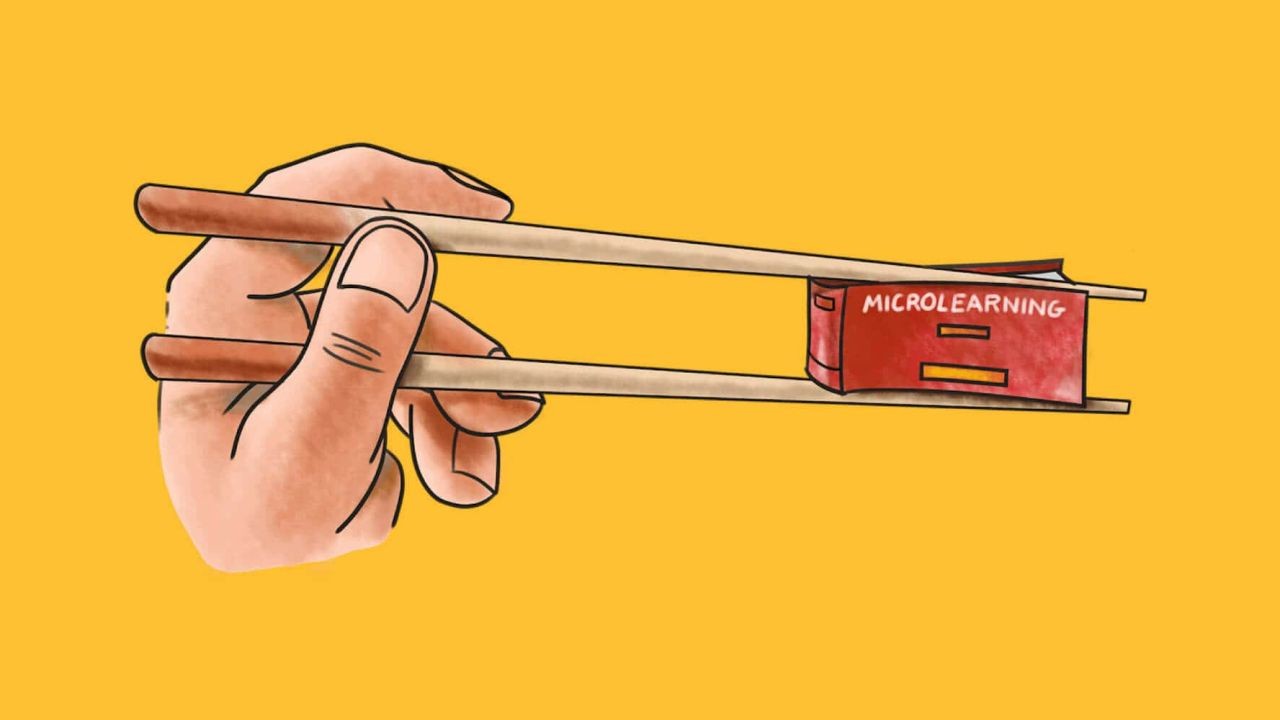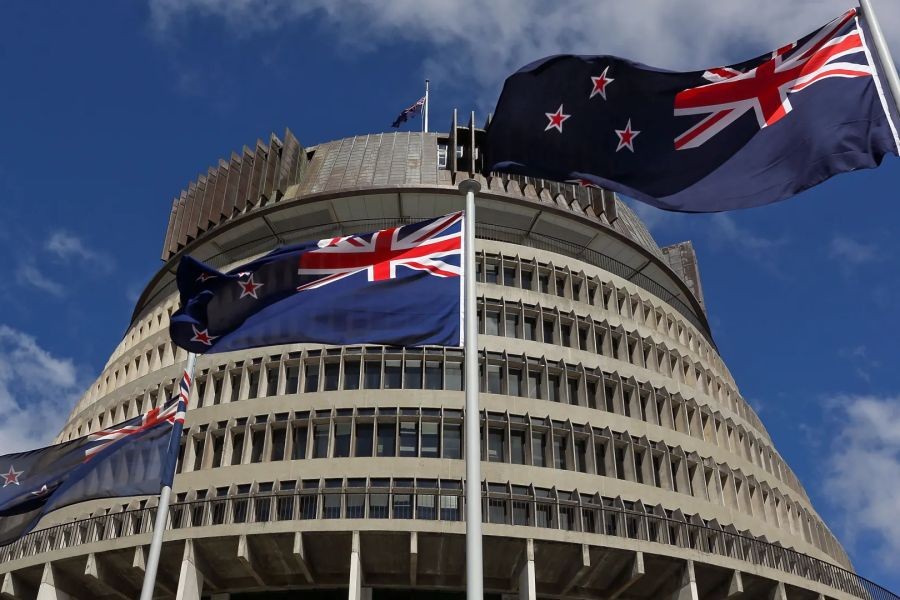The haka, a traditional Maori war dance, is among the most recognizable cultural practices of New Zealand. It is often seen at international rugby matches, performed by the All Blacks to intimidate their opponents. However, the haka is more than a pre-game ritual; it embodies a rich, complex history that intertwines with New Zealand’s cultural identity. Understanding this history is essential for sustainability consultants who aim to integrate cultural awareness into their projects and strategies.
The Historical Context of the Haka
The origins of the haka can be traced back to the Maori tribes, indigenous to New Zealand, who used it as a form of communication and expression well before European settlers arrived. The haka was performed on various occasions, from preparing for battle to celebrating significant events and welcoming distinguished guests. It was a way for the Maori to assert their identity, convey emotions, and demonstrate unity and strength.
Colonial Impact on Maori Traditions
With the advent of European colonization in the 19th century, Maori traditions, including the haka, faced significant challenges. The cultural imposition and land confiscations led to a decline in traditional practices. Despite these adversities, Maori communities have resiliently preserved their heritage, which has seen a revival in recent decades. The New Zealand government has recognized the importance of protecting Maori culture, which is now an integral part of the nation's identity.
Comparative Analysis: Global Cultural Practices
To understand the significance of the haka, it is useful to compare it with other global cultural practices. For example, the Scottish Highland Games include traditional dances and demonstrations of strength, much like the haka. Both practices serve to preserve cultural heritage and foster community identity.
Case Study: The Scottish Highland Games
The Scottish Highland Games, much like the haka, have evolved to become international phenomena. Initially, they were local gatherings that included athletic competitions, dancing, and music. Today, these games are celebrated worldwide and serve as a means of connecting people to their Scottish roots. The global spread of such cultural events underscores the universal desire to preserve and celebrate heritage.
Real-World Example: The All Blacks and the Haka
The All Blacks, New Zealand's national rugby team, have played a pivotal role in popularizing the haka on a global scale. Their performances before matches are not only a demonstration of athleticism but also a tribute to Maori culture. This has helped elevate the haka from a cultural relic to a symbol of national pride. The All Blacks' use of the haka exemplifies how cultural traditions can be integrated into modern contexts to enhance identity and unity.
Case Study: The Impact of the Haka on New Zealand's Economy
The haka, popularized by the All Blacks, has contributed significantly to New Zealand's brand identity, attracting tourists and boosting the economy. According to Stats NZ, the tourism sector generated NZD 17.5 billion in revenue in 2021, with cultural tourism growing steadily. The haka has become a cultural export, showcasing Maori culture and New Zealand's unique identity worldwide.
Data-Driven Insights
According to the Ministry for Culture and Heritage, Maori cultural events, including haka performances, contribute substantially to New Zealand's cultural sector, which was valued at NZD 12 billion in 2023. This highlights the economic significance of preserving and promoting traditional Maori practices.
Pros and Cons of Cultural Integration
- Pros:
- Cultural Preservation: Ensures the survival of traditional practices.
- Economic Benefits: Boosts tourism and national branding.
- Social Cohesion: Strengthens community identity and unity.
- Cons:
- Commercialization Risk: Potential for cultural dilution.
- Misinterpretation: Risk of cultural appropriation and misunderstanding.
- Resource Intensive: Requires significant investment in preservation efforts.
Future Trends and Predictions
Looking ahead, the integration of Maori culture into New Zealand's identity is likely to deepen. By 2026, it is predicted that Maori cultural practices will be more prominently featured in educational curricula, ensuring younger generations appreciate and preserve their heritage. According to the Ministry of Education, initiatives to incorporate Maori culture into schooling have been shown to improve student engagement and cultural awareness.
Common Myths and Mistakes
- Myth: The haka is solely a war dance. Reality: The haka is a versatile expression used for various occasions, from celebrations to funerals.
- Myth: Only men can perform the haka. Reality: Both men and women can perform the haka, although roles may vary across different tribes.
- Myth: The haka is exclusive to the All Blacks. Reality: The haka is a cultural practice performed by many Maori groups and is not limited to rugby.
Conclusion
The haka is not merely a dance but a powerful symbol of Maori heritage and New Zealand's national identity. As sustainability consultants, understanding the cultural significance of the haka and its impact on New Zealand's economy and society is crucial. By respecting and integrating cultural practices into sustainability strategies, businesses can foster greater social cohesion and economic resilience.
What’s your take on the importance of the haka in New Zealand’s cultural landscape? Share your insights and join the conversation below!
Related Search Queries
- History of the haka
- Maori culture and traditions
- Impact of the All Blacks on New Zealand tourism
- Cultural preservation in New Zealand
- Economic impact of cultural tourism in New Zealand
People Also Ask
How does the haka impact New Zealand's economy?NZ's cultural tourism, fueled by the haka, contributes significantly to the economy, generating over NZD 17.5 billion in revenue annually.
What is the significance of the haka in Maori culture?The haka is a traditional Maori war dance used for various occasions, symbolizing unity, strength, and cultural identity.


































NevaStaggs
9 months ago